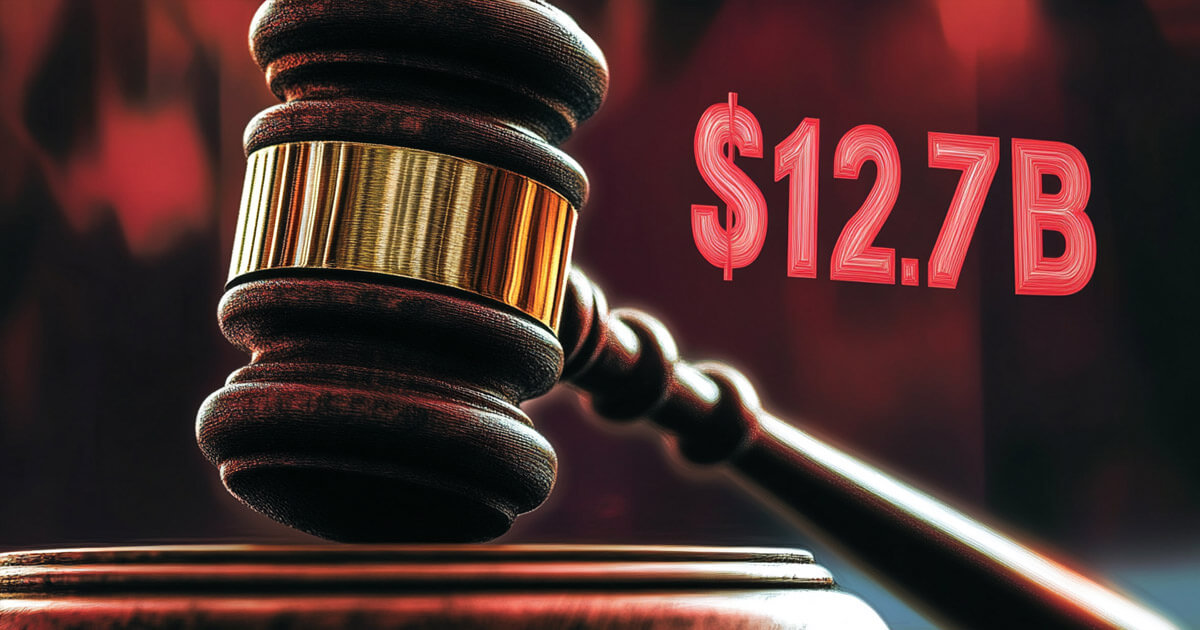Florida Congressman Proposes Bitcoin for Federal Tax Payments, Sparking Debate
- Florida Congressman Matt Gaetz introduces a new bill proposing Bitcoin (BTC) as a legitimate payment method for federal income taxes.
- Experts are divided on the feasibility and implications of such a proposal for the U.S. tax system.
- This could mark a significant shift towards integrating cryptocurrency with traditional finance, sparking extensive debate.
Discover the pros and cons of Congressman Matt Gaetz’s proposal to integrate Bitcoin into the U.S. federal tax system, exploring its potential impact on innovation, security, and financial stability.
Is Bitcoin Ready for America’s Federal Tax System?
Gaetz envisions Bitcoin as a key to a more efficient and forward-looking tax system. By integrating Bitcoin, the U.S. could lead the way in technological advancements within the financial sector. Gaetz’s proposal could revolutionize how taxes are paid, potentially making the process quicker and more secure.
Price Volatility and Tax Payments
Despite the enthusiasm from some quarters, the volatility of Bitcoin remains a significant hurdle. The fluctuating value of Bitcoin could mean that taxpayers might find themselves owing more or less than anticipated between the time of filing and the settlement of the payment. This unpredictability could complicate matters for both taxpayers and the IRS.
Infrastructure and Cybersecurity Concerns
Security measures are paramount when handling cryptocurrency transactions, especially for something as critical as tax payments. The decentralized nature of Bitcoin, while offering transparency, also opens up vulnerabilities that could be exploited by cybercriminals. Ensuring the robustness of the IRS’s infrastructure to handle Bitcoin payments would require substantial upgrades and investments.
Regulatory Frameworks and Alternative Cryptocurrencies
Gaetz’s proposal comes in the wake of increased legislative focus on cryptocurrency regulation. The Financial Innovation and Technology for the 21st Century Act (FIT 21) aims to bring comprehensive regulatory clarity to the industry. Furthermore, stablecoins, which are pegged to traditional assets like the US dollar, are being considered as they mitigate volatility while retaining the benefits of speedy and low-cost transactions.
Lessons from El Salvador’s Bitcoin Adoption
El Salvador’s bold move to make Bitcoin legal tender in 2021 provides a real-world case study from which the U.S. can draw valuable insights. While El Salvador’s experiment has had mixed outcomes—facing praise and skepticism—it highlights the potential challenges and advantages of such a monumental shift.
Conclusion
Gaetz’s proposal to accept Bitcoin for federal tax payments is a provocative idea that has ignited discussions about the future of cryptocurrency in mainstream financial systems. While the integration of Bitcoin could position the U.S. as a leader in financial innovation, it also brings forth significant challenges related to volatility, security, and infrastructure. Careful consideration and robust regulatory frameworks will be critical as the U.S. navigates this evolving financial landscape.






